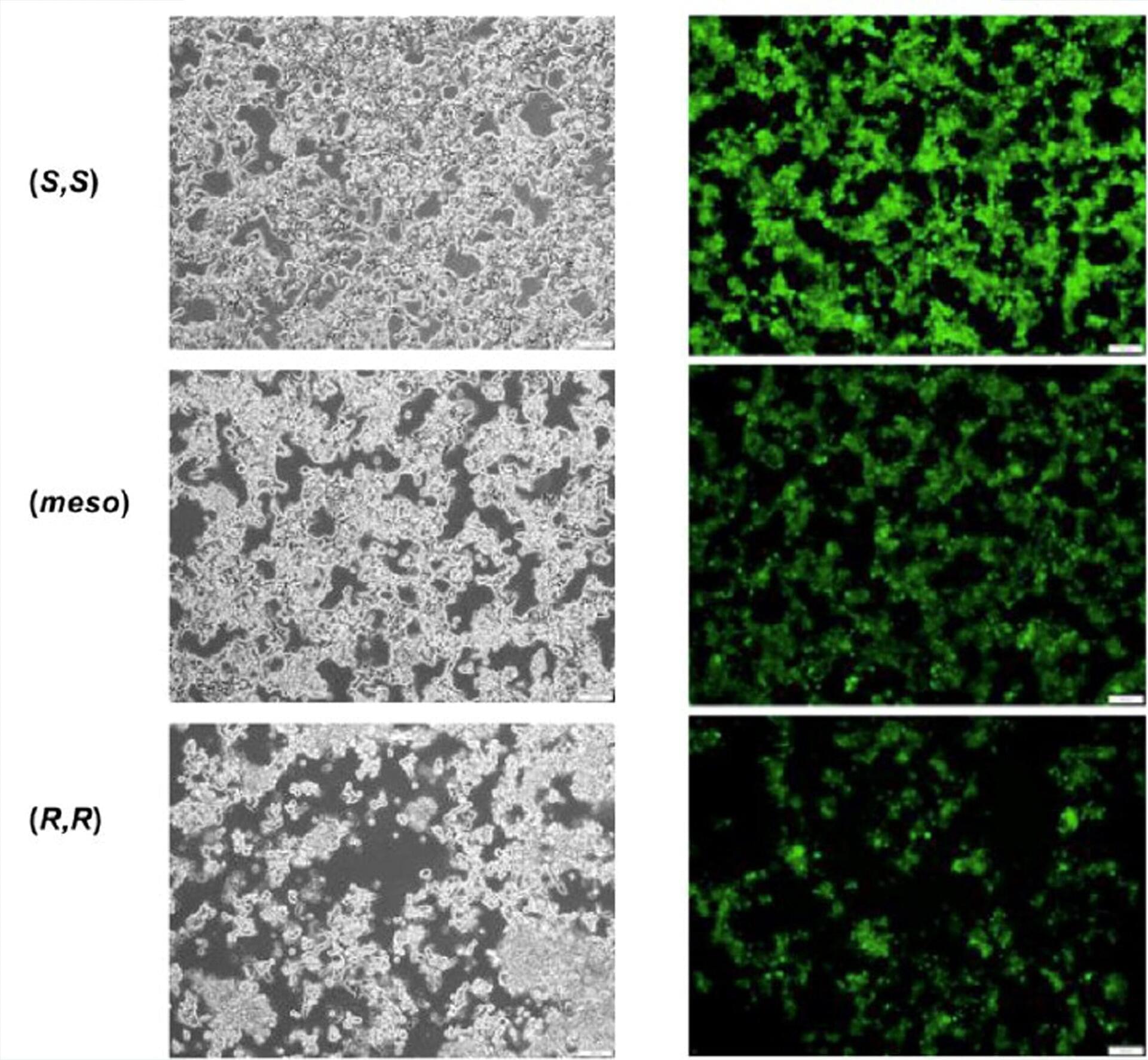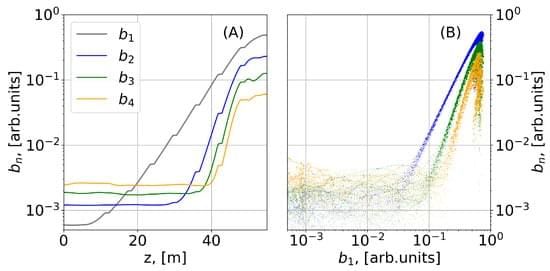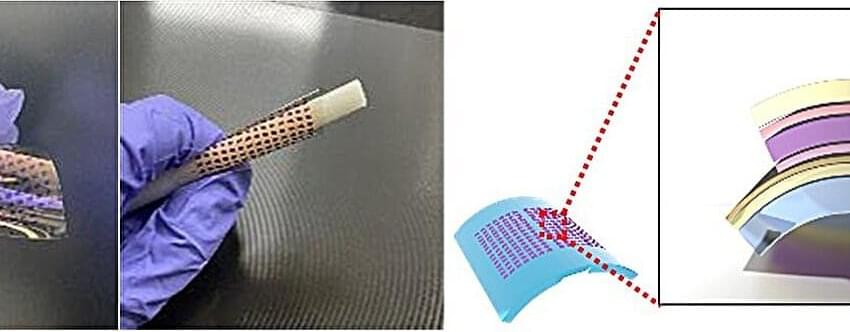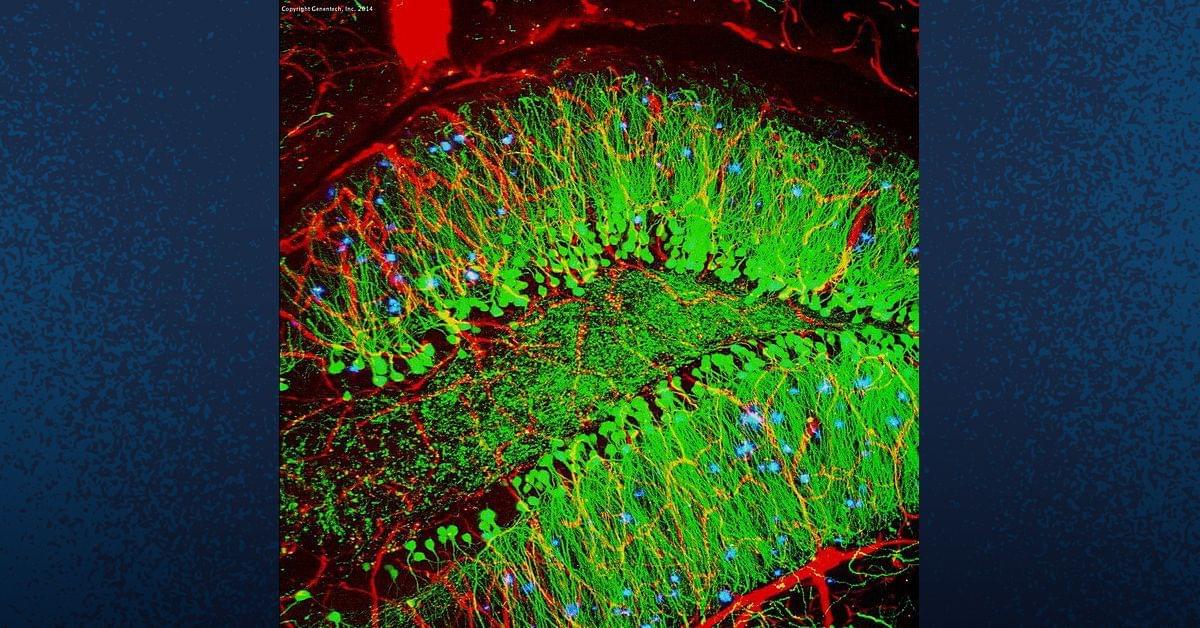A team from the Max-Planck-Institut für Kohlenforschung, Hokkaido University, and Osaka University has discovered that subtle differences in molecular structure can have a major impact on the performance of mRNA-based drugs. Their findings, published in the Journal of the American Chemical Society, open the door to the development of safer and more effective vaccines and therapies.
To deliver therapeutic nucleic acids like mRNA into cells, scientists rely on lipid nanoparticles (LNPs)—tiny, fat-based carriers that protect fragile genetic material, enabling it to survive in the body and reach target cells. A key component of these LNPs are ionizable lipids, which help mRNA enter cells and then release it effectively. One such lipid, ALC-315, was notably used in the Pfizer/BioNTech COVID-19 vaccine, a medical breakthrough that played a critical role in controlling the global pandemic.







